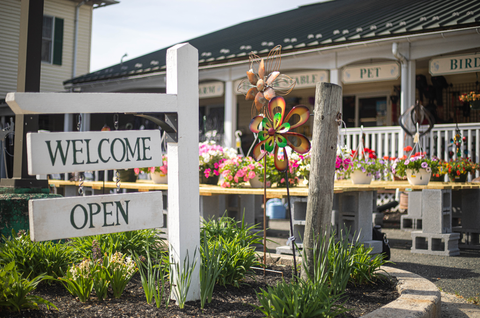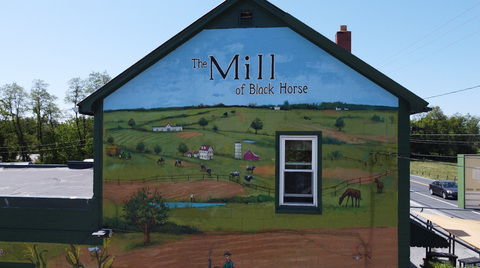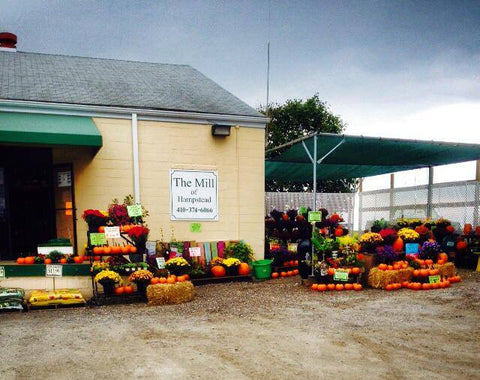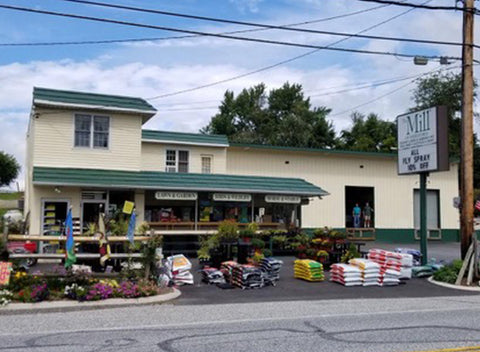Feed Storage Tips
The most ideal storage condition for feed is in a cool, dry, and pest-free environment. Moisture, temperature, oxidation, and pests are among the most common causes of reduced shelf life. Here are some practical tips to ensure your feed stays fresh and safe:
-
Purchase Smaller Quantities During Warm or Humid Seasons: During warm and/or humid times of the year, buy smaller amounts of feed more frequently to ensure a fresh rotation.
-
Rotate Feed Stock: When bringing new feed into the feed room, rotate your unused bags from previous purchases. Always use the oldest bags of feed first.

-
Secure Feed Properly: Store feed in a sealed room or airtight container to safeguard against moisture and pests such as rodents, other animals, and insects.
-
Use Non-Chemical Pest Deterrents: Utilize methods like barn cats, snap rodent traps, and sticky fly tape or sheets to help reduce or eliminate pests without using chemicals.
-
Maintain Cleanliness: Keep your feed room clean, neat, and free of clutter or spilled feed on the floor. This reduces the attractiveness of your feed room to pests.

-
Avoid Direct Floor Contact: Never stack or store feed bags directly on the floor. Use pallets or other means to keep feed bags and containers off the ground to prevent moisture accumulation. Concrete block walls also hold moisture, so avoid stacking against concrete walls as well.
-
Clean Containers Regularly: If you dump feed into containers, ensure regular and thorough cleaning. Wash containers, feed scoops, and feed buckets or pans with hot, soapy water. Pay special attention to containers storing textured or sweet/wet pelleted feed, as greasy residues from fat, oil, or molasses can turn rancid and contaminate your feed. Rinse thoroughly and let containers dry completely before refilling. Avoid toxic chemicals; a grease-fighting soap like Dawn Dish Soap works well.

-
Avoid Storing Near Non-Consumables: Do not store feed near chemicals, pesticides, paint, gasoline, fertilizer, or lubricants.
-
Ensure Proper Ventilation: Provide good ventilation in the feed room. High-powered fans can also help to keep flies at bay during warm months.
-
Protect From Sunlight and Temperature Fluctuations: Avoid placing feed in direct sunlight or subjecting it to drastic temperature changes.
By following these tips, you can maintain the quality and safety of your feed, ensuring it remains nutritious, palatable and pest-free for your animals.












